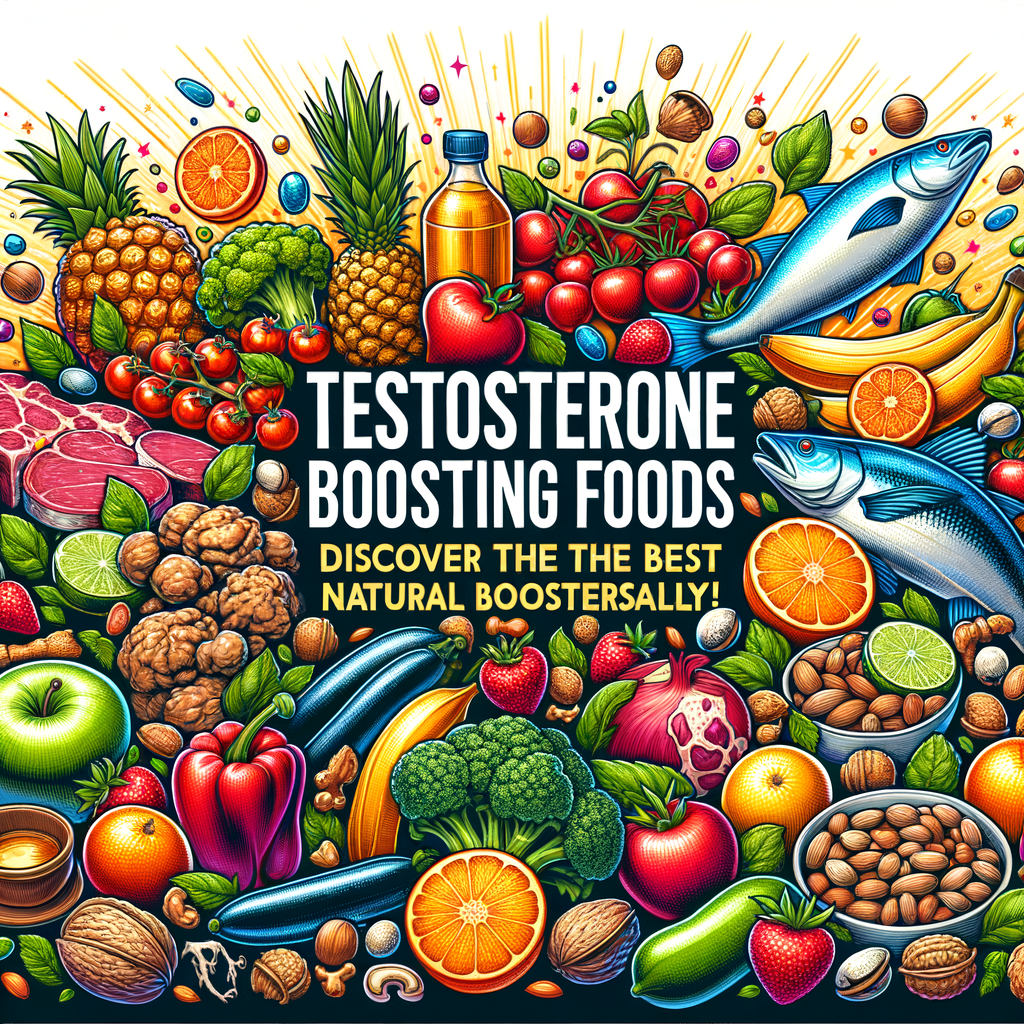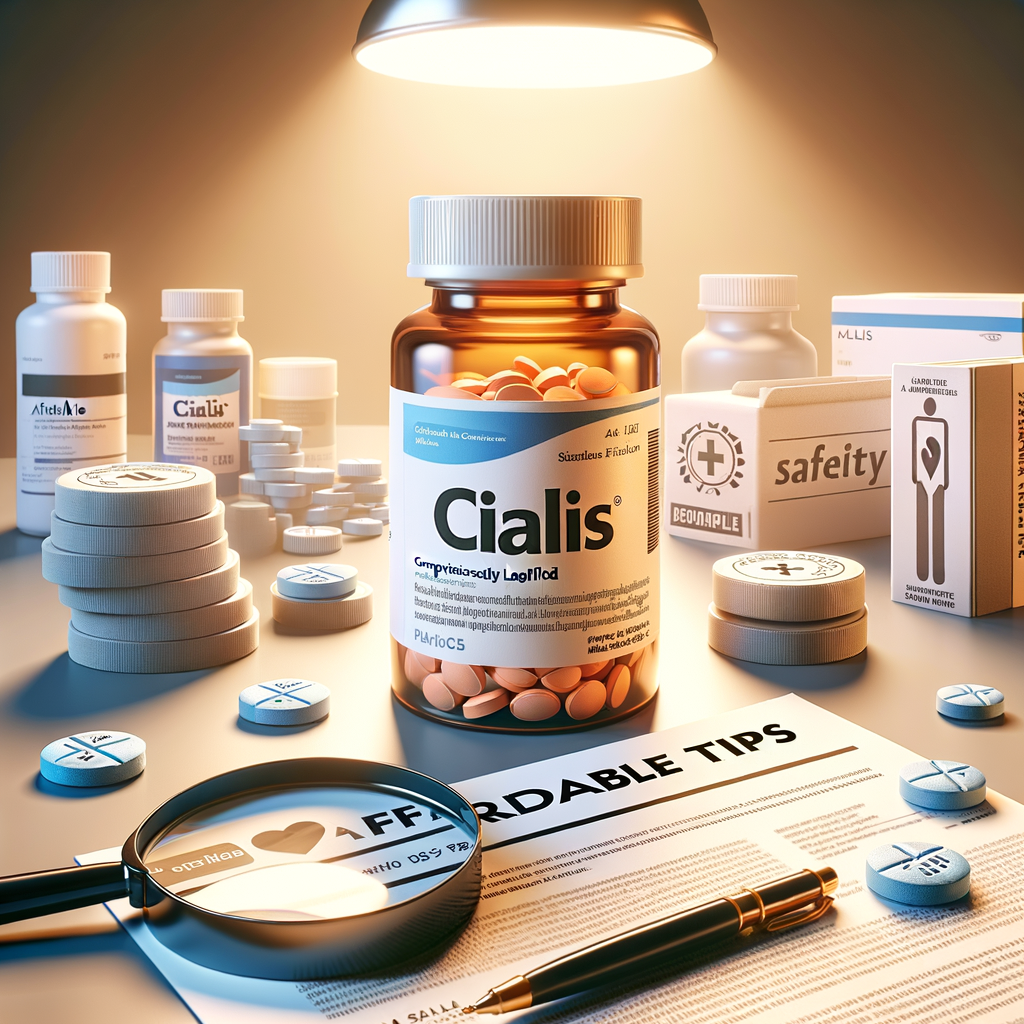Unlocking the Power of Testosterone Boosting Foods
Introduction
In the quest for optimizing health and fitness, testosterone plays a pivotal role, especially for men. Testosterone is the primary male sex hormone that contributes to muscle growth, bone density, libido, and overall well-being. While testosterone levels naturally decline with age, various lifestyle factors, including diet, can impact its production. In this blog post, we explore the realm of testosterone-boosting foods, uncovering nature’s best offerings to support hormonal balance and vitality.
Understanding Testosterone
Before delving into the best natural boosters, it’s crucial to understand the significance of testosterone in the body. Testosterone is not only vital for male reproductive health but also influences muscle mass, fat distribution, bone density, and red blood cell production. Optimal testosterone levels are essential for physical performance, mental health, and overall quality of life. Factors such as stress, lack of sleep, and poor diet can adversely affect testosterone production, leading to various health issues.
Top Testosterone Boosting Foods
1. Eggs: Rich in protein and healthy fats, eggs are a powerhouse of nutrients that support testosterone production.
2. Oysters: Known for their high zinc content, oysters are a potent aphrodisiac and a natural testosterone booster.
3. Spinach: Packed with magnesium, spinach aids in muscle function and testosterone synthesis.
4. Salmon: A great source of omega-3 fatty acids and vitamin D, salmon promotes heart health and testosterone levels.
5. Tuna: High in protein and vitamin D, tuna is a lean protein that supports muscle growth and testosterone production.
6. Garlic: This pungent bulb contains allicin, a compound that enhances testosterone levels and cardiovascular health.
7. Pomegranates: Rich in antioxidants, pomegranates combat inflammation and oxidative stress, promoting hormonal balance.
8. Avocados: Loaded with healthy fats and vitamins, avocados support hormone production and overall well-being.
9. Brazil Nuts: A good source of selenium, Brazil nuts help regulate testosterone levels and improve sperm quality.
10. Ginger: Known for its anti-inflammatory properties, ginger aids in testosterone production and enhances sexual function.
Incorporating Testosterone Boosting Foods into Your Diet
Transitioning to a diet rich in testosterone-boosting foods doesn’t have to be complicated. Start by incorporating these foods into your meals to support hormonal balance and overall health. Experiment with different recipes and combinations to make your meals both nutritious and delicious. Remember, balance is key, so aim for a diverse diet that includes a variety of nutrient-dense foods to maximize the benefits for your testosterone levels.
Supplementary Support
While focusing on testosterone-boosting foods is essential, some individuals may benefit from additional support through supplements. Consult with a healthcare provider or a nutritionist to determine if adding supplements like vitamin D, zinc, or magnesium to your regimen could further enhance your testosterone levels. Remember, supplements should complement a healthy diet and lifestyle, not replace them.
FAQs:
1. Can women benefit from consuming testosterone-boosting foods?
While these foods can have health benefits for women, they may not directly impact testosterone levels in the same way as they do in men.
2. Are there any foods that should be avoided for optimal testosterone levels?
Processed foods, high-sugar products, and excessive alcohol consumption can negatively affect testosterone production.
3. Do testosterone-boosting foods have any side effects?
In general, these foods are safe to consume in moderation and are unlikely to cause adverse side effects.
4. How long does it take for testosterone-boosting foods to show effects?
Individual responses may vary, but consistent consumption of these foods over time can help support healthy testosterone levels.
5. Can vegetarians and vegans benefit from testosterone-boosting foods?
Yes, there are plant-based options like tofu, lentils, and nuts that can support testosterone production.
6. Is it necessary to eat these foods raw to maximize their benefits?
Cooking methods can impact nutrient content, but incorporating these foods into your diet in any form can still be beneficial.
7. Are there specific meal plans that focus on testosterone-boosting foods?
There are various meal plans and recipes available that emphasize the inclusion of testosterone-boosting ingredients for hormonal support.
8. Can children consume testosterone-boosting foods?
Children should focus on a balanced diet appropriate for their age and nutritional needs, without specific emphasis on testosterone-boosting foods.
9. Do testosterone-boosting foods interact with medications?
It’s always best to consult with a healthcare provider if you are taking medications to ensure there are no interactions with these foods.
10. Can excessive consumption of testosterone-boosting foods lead to hormone imbalances?
While these foods can support hormonal balance, moderation is key to prevent any potential imbalances.
References:
1. Harvard Health Publishing. (n.d.). Testosterone therapy: Potential benefits and risks as you age. Harvard Health. Link
2. Mayo Clinic. (2021). Testosterone levels: What can cause them to change? Mayo Clinic. Link



